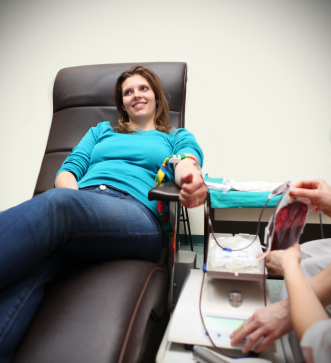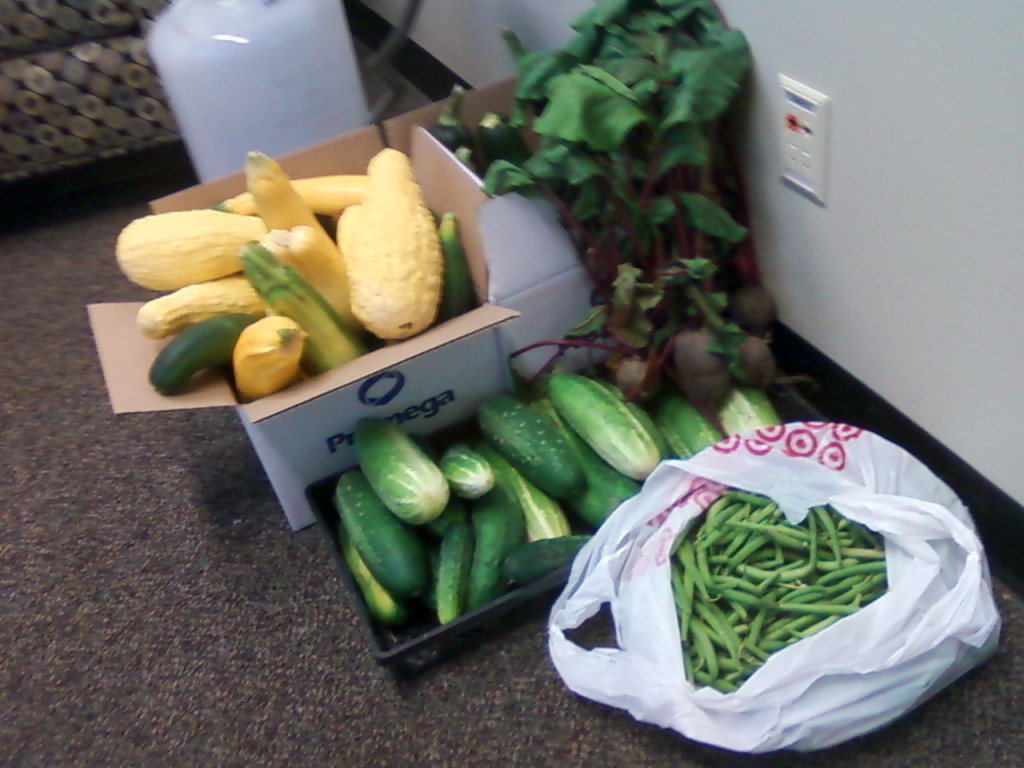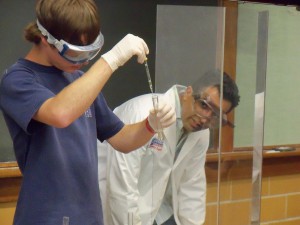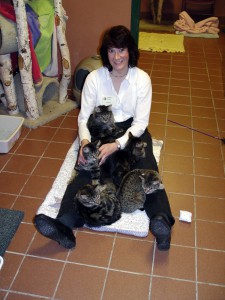 I don’t know about you, but I’ve had several people close to me- friends and family, that have fallen ill, had surgery or car accidents and needed blood transfusions to stay alive. The reason my friends and family were able to overcome those situations was plain and simple: other people took time out of their busy schedules to donate blood. Your body holds about 10 pints of blood, and the typical donation is one pint. Your body will replenish the lost blood in about two months. If you give only one hour of your time every 56 days, your donation can save up to three lives!
I don’t know about you, but I’ve had several people close to me- friends and family, that have fallen ill, had surgery or car accidents and needed blood transfusions to stay alive. The reason my friends and family were able to overcome those situations was plain and simple: other people took time out of their busy schedules to donate blood. Your body holds about 10 pints of blood, and the typical donation is one pint. Your body will replenish the lost blood in about two months. If you give only one hour of your time every 56 days, your donation can save up to three lives!
If you choose to donate, Red Cross staff will collect personal information like your name and social security number. You will be asked to answer a series of questions about your health and lifestyle to determine if you are eligible to donate. Collection of information is done in private and is kept highly confidential. Once your blood is collected, there is no personal information on the label. Your blood will be screened to ensure safety and will be labeled with a tracking number that can be used only if you need to be contacted regarding test results.
What if you don’t qualify to give blood? After all, only 38% of the population is eligible to give blood. You may have travelled or gotten a tattoo and been deferred from donation for a year. Maybe you have an illness or engaged in risky behavior that prevents you from donating. Maybe you just hate needles. You can still help! The Red Cross always needs volunteers to help coordinate drives or to serve refreshments to donors after they have finished. If you’re not sure if you should give blood, you can find the information on the Red Cross website, call and speak to a Red Cross representative, or ask one of the nurses at a blood drive.
At Promega, we have quarterly drives organized faithfully by the women we call “The Marys.” Mary Doers, Mary Sobol, and Mary Upshaw have been coordinating these drives for years. Mary S. and Mary U. share their thoughts. Continue reading “Paying it Forward: Pour a Pint at Work With the American Red Cross”
Like this:
Like Loading...



![hide_face[1]](https://www.promegaconnections.com/wp-content/uploads/2011/11/hide_face1.jpg?w=300)




